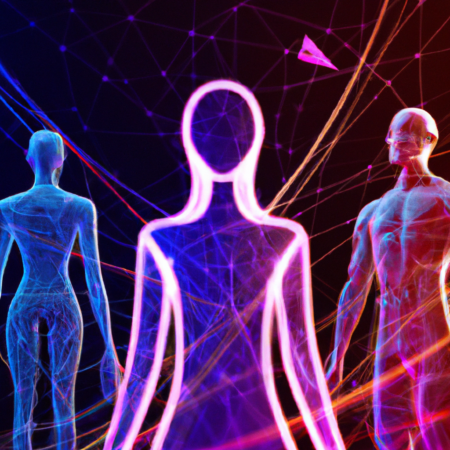Navigating the Moral Maze: The Crucial Role of Ethics in AI Development
As artificial intelligence (AI) continues to evolve and integrate into various aspects of our lives, the importance of ethical considerations grows exponentially. The development and deployment of AI technologies must be guided by ethical principles to ensure fairness, transparency, and accountability. This article explores the key facets of AI ethics and regulation, discussing why they are not just necessary but vital for sustainable technological advancement.
Understanding AI Ethics
AI ethics involves a set of values and principles that guide the development and use of AI technologies. It addresses issues such as bias, privacy, and the potential for harm, ensuring that AI systems are developed in a way that respects human rights and dignity. The goal is to create AI that enhances societal well-being without infringing on individual freedoms or causing unintended harm.
The Role of Regulation
Regulation plays a critical role in enforcing ethical standards in AI. Governments and regulatory bodies around the world are beginning to implement policies that require transparency in AI algorithms, accountability for AI decisions, and mechanisms for redress when things go wrong. These regulations are essential to build public trust and ensure that AI technologies are used responsibly and ethically.
Challenges in AI Ethics and Regulation
One of the major challenges in AI ethics is the pace at which AI technologies evolve compared to the slower pace of regulatory frameworks. There is also the global nature of technology, which requires harmonization of ethical standards across different cultures and jurisdictions. Additionally, there is the problem of bias in AI, which can perpetuate or even exacerbate existing inequalities if not properly addressed.
Steps Forward
To navigate these challenges, continuous dialogue between technologists, ethicists, policymakers, and the public is essential. Education and awareness about AI ethics need to be promoted to foster an informed public that can advocate for ethical AI. Moreover, interdisciplinary approaches are necessary to develop comprehensive ethical guidelines that can keep up with technological advancements.
In conclusion, the integration of ethics into AI development is not just a technical necessity but a moral imperative. By prioritizing ethical considerations, we can harness the power of AI to improve lives while safeguarding our societal values.






